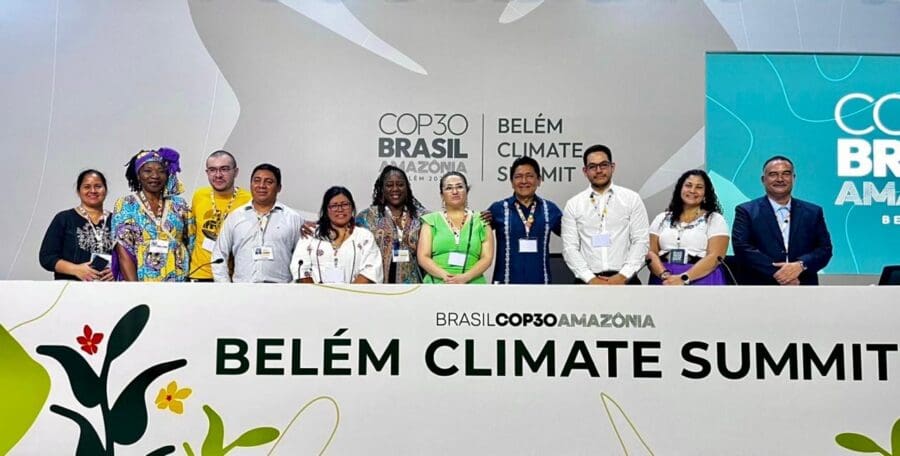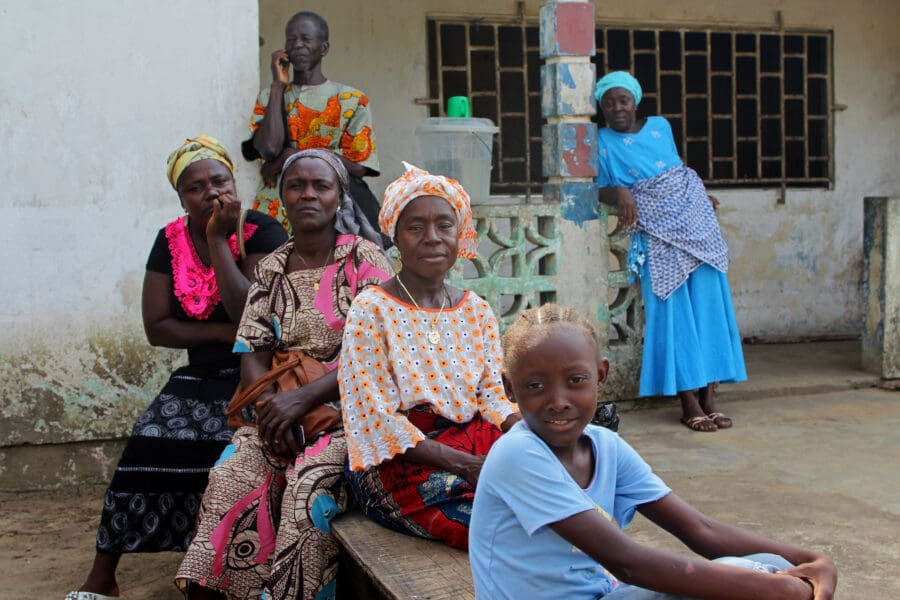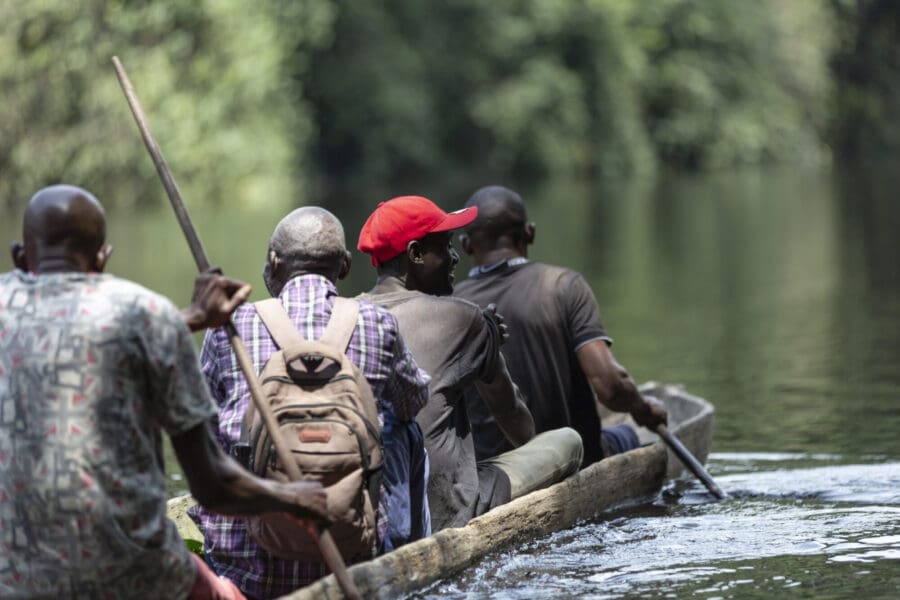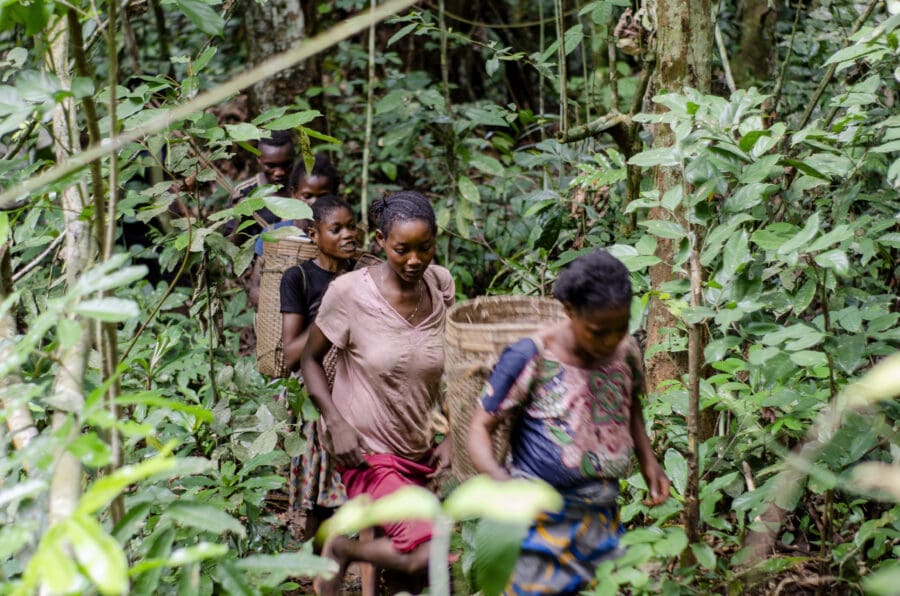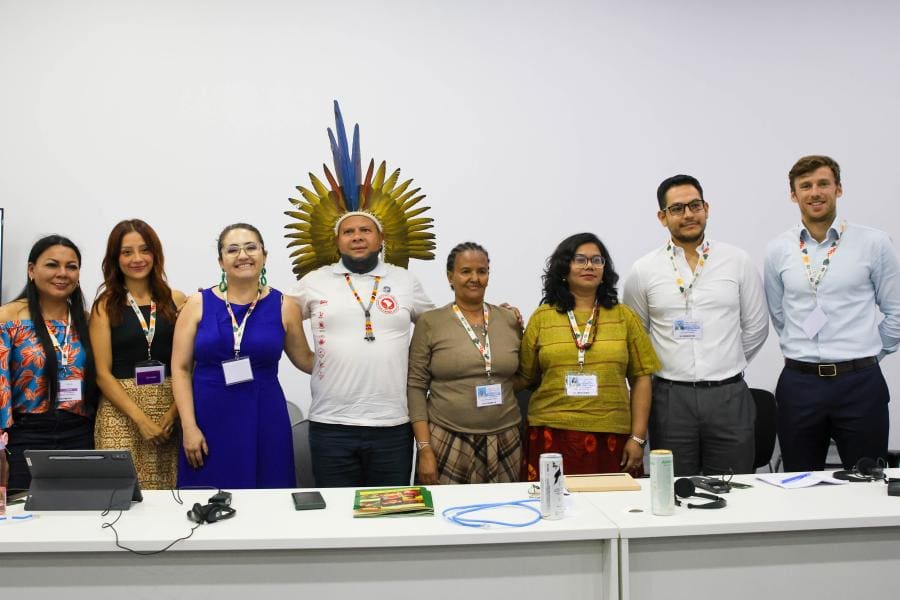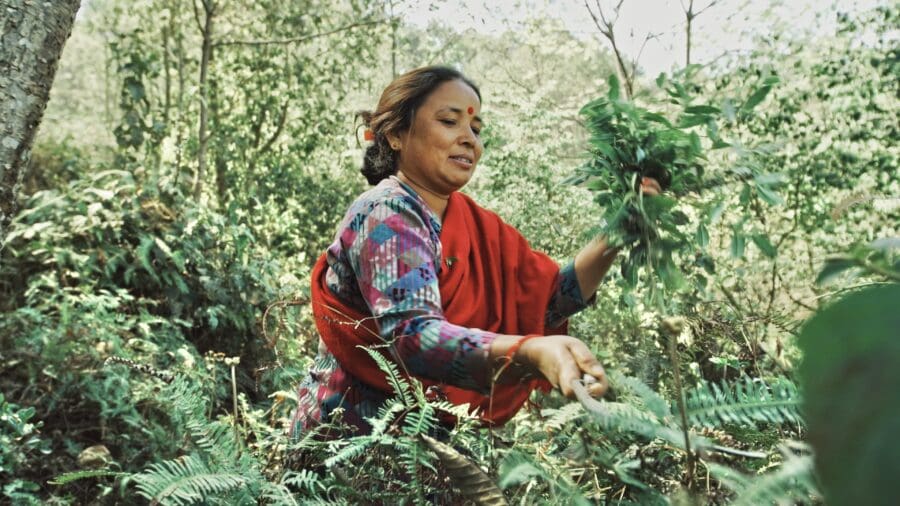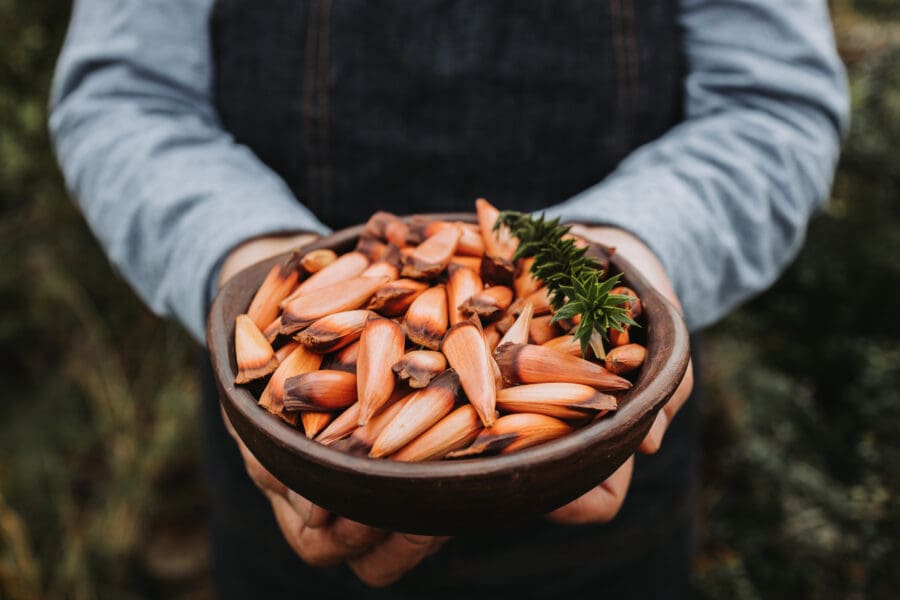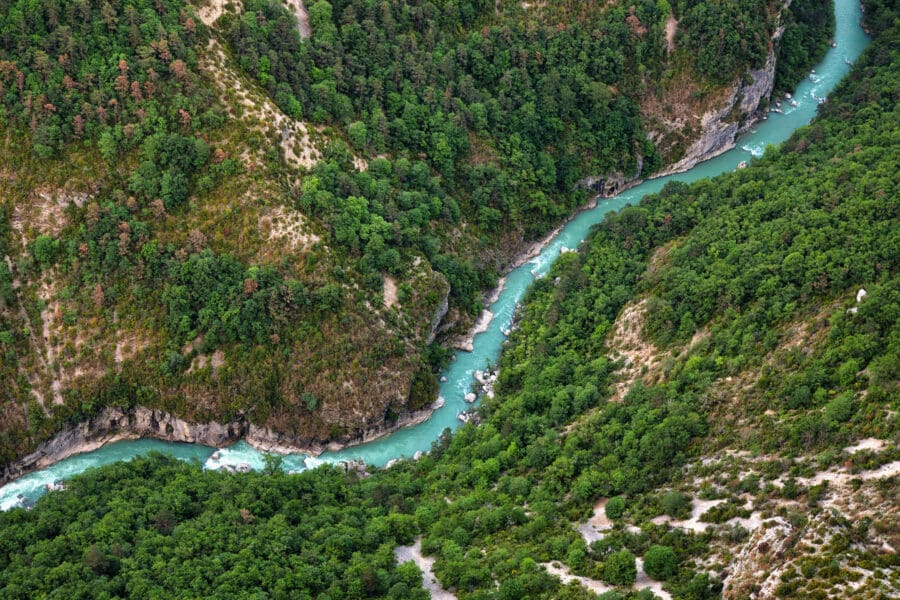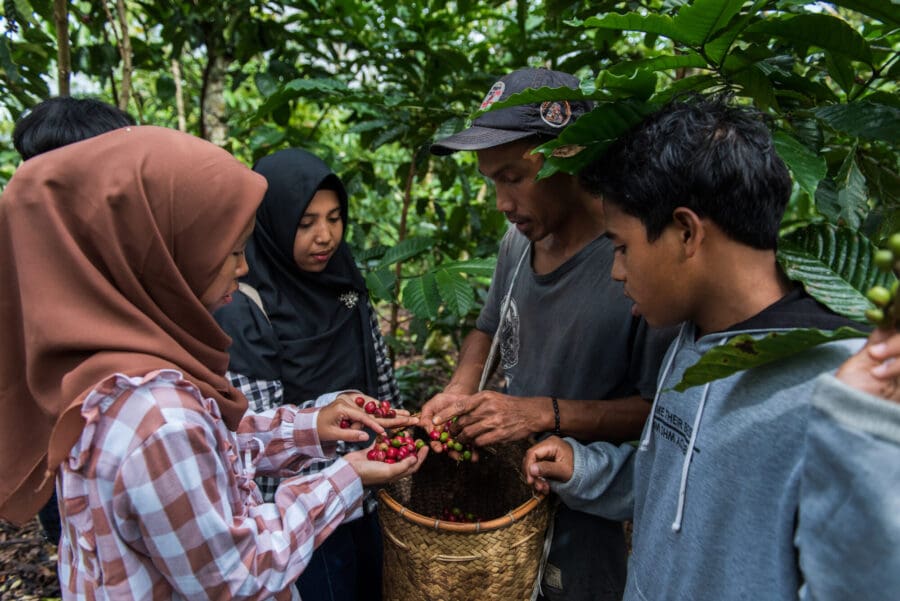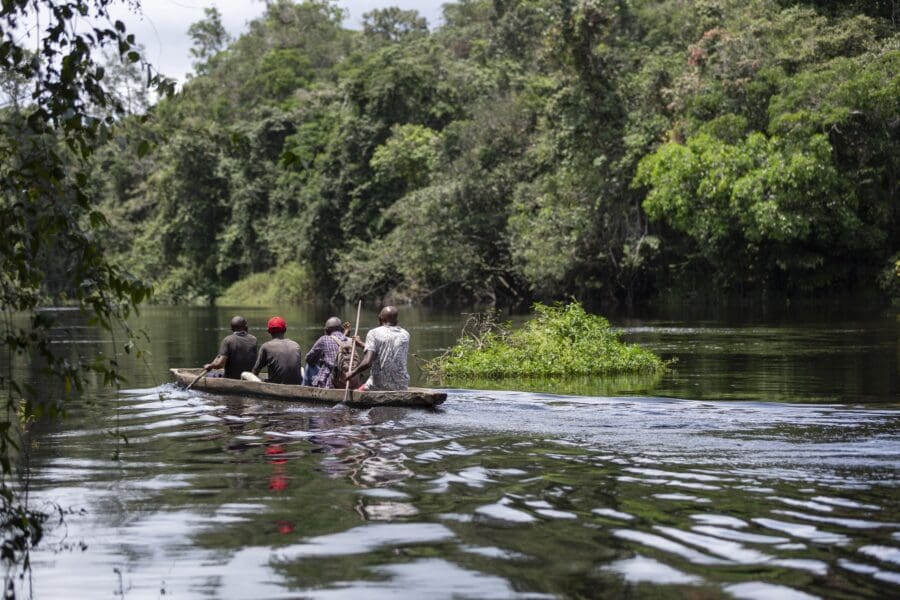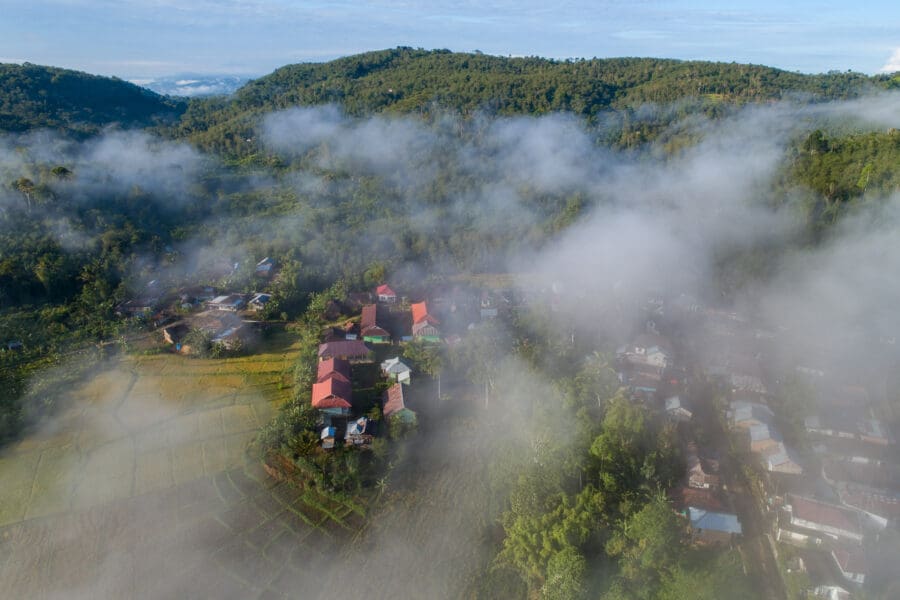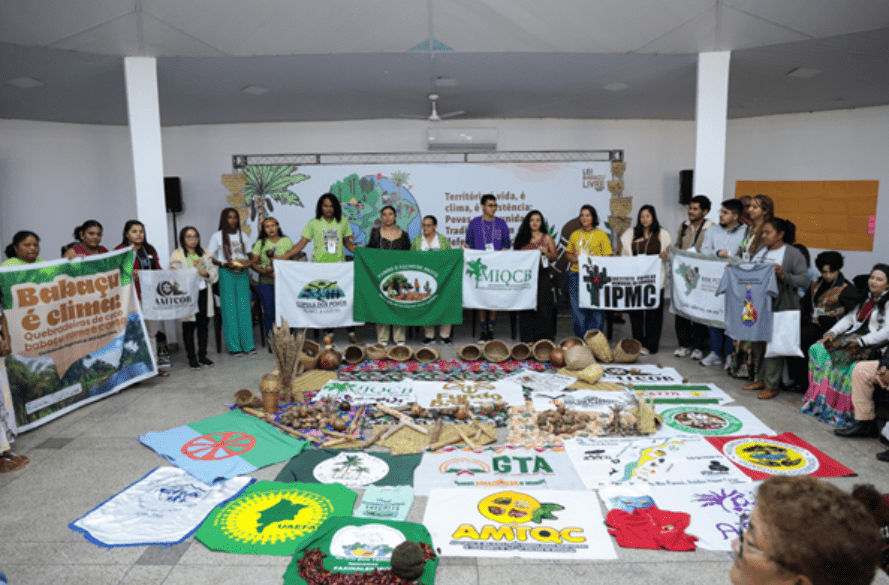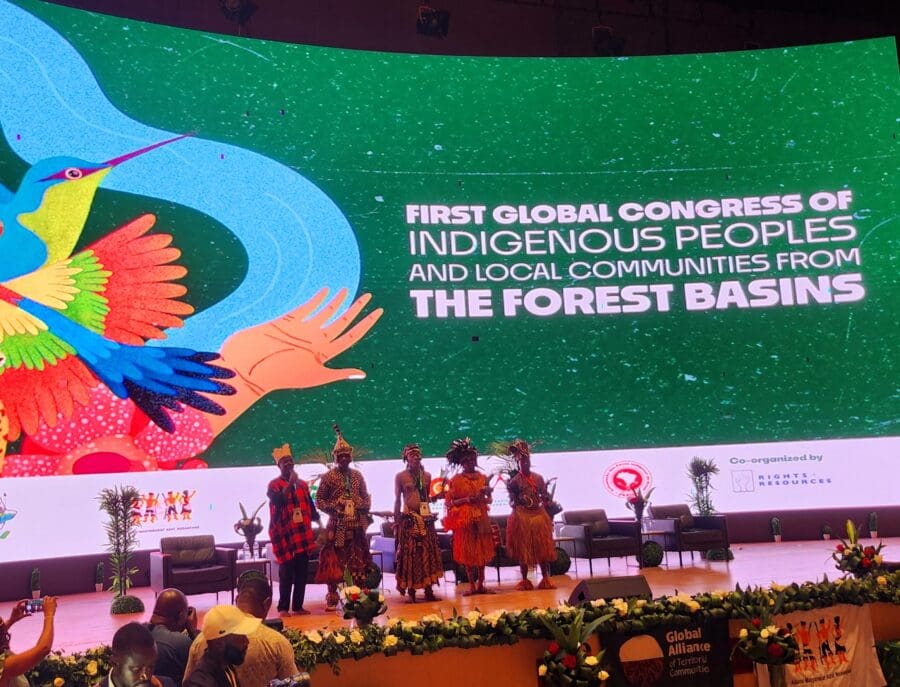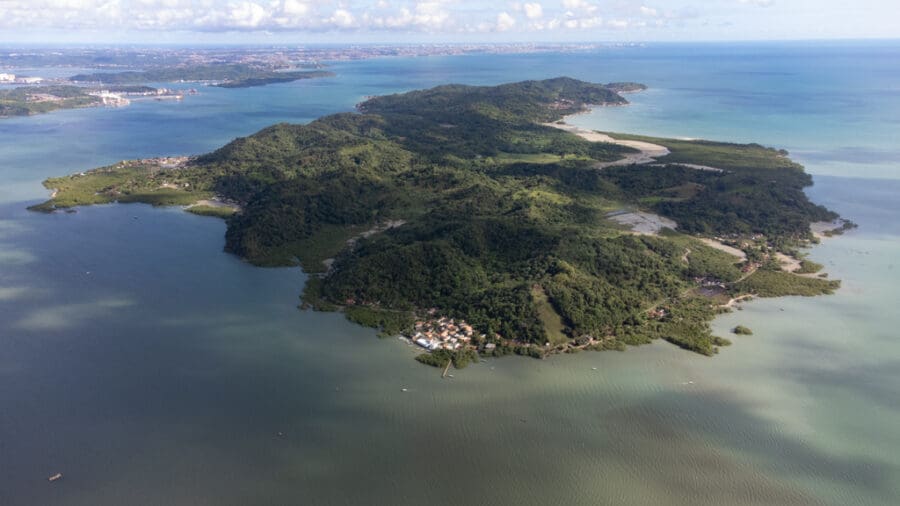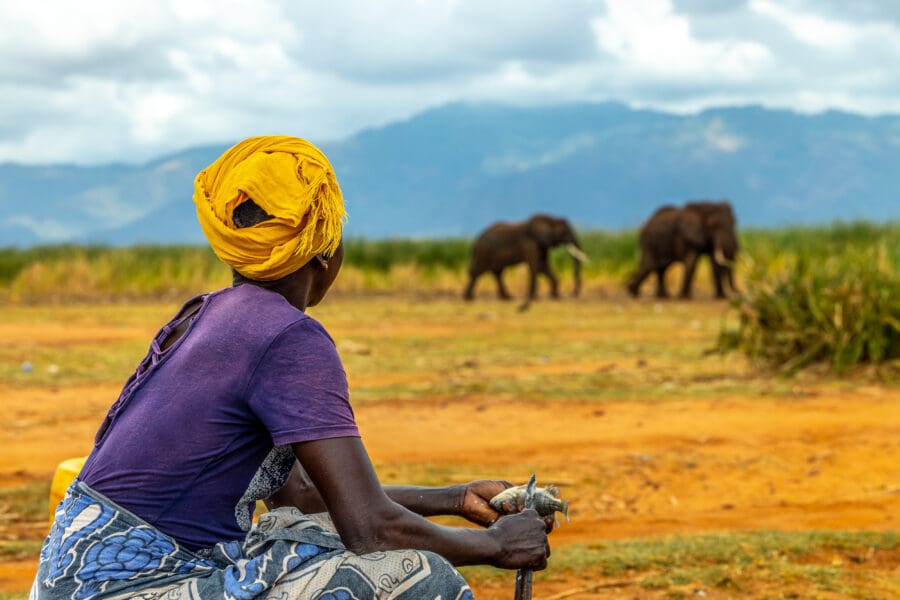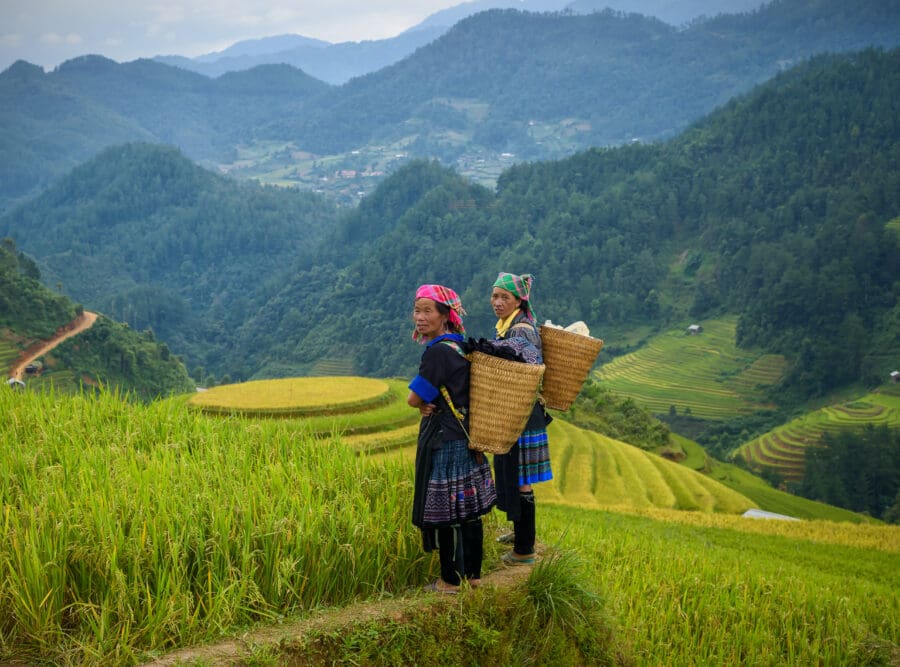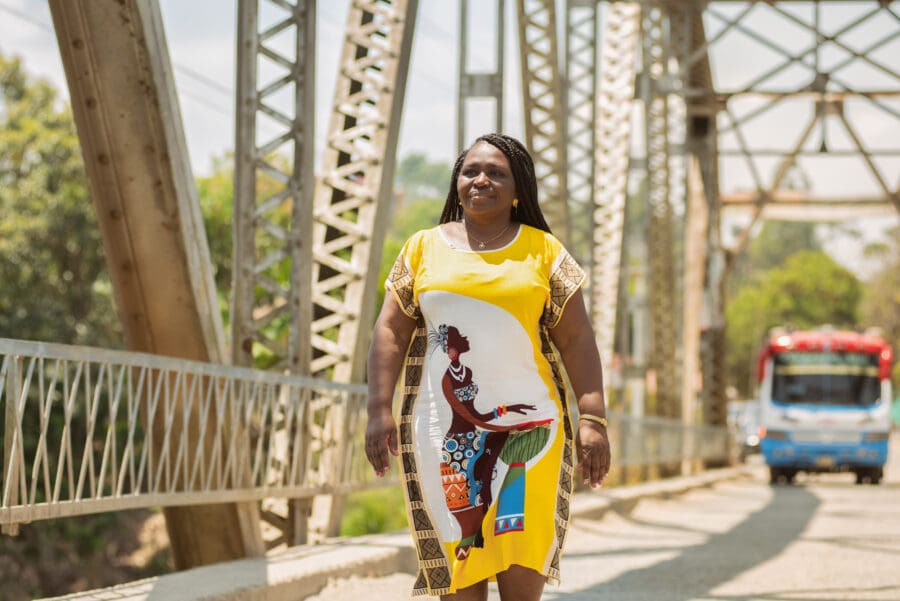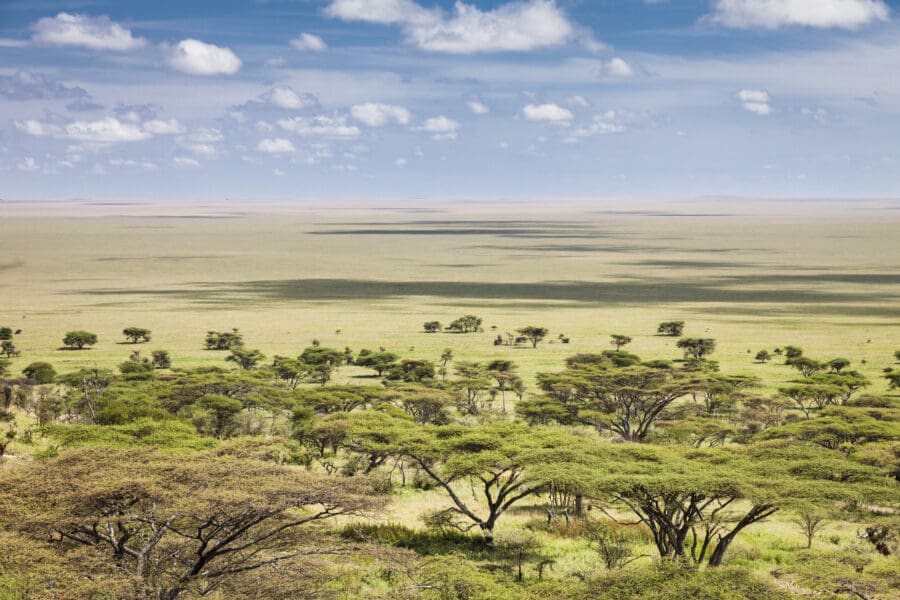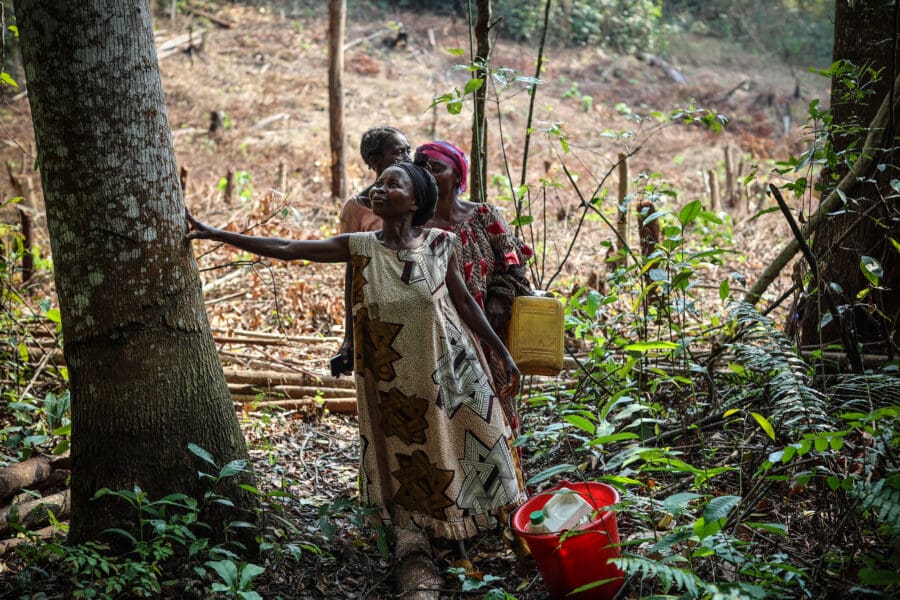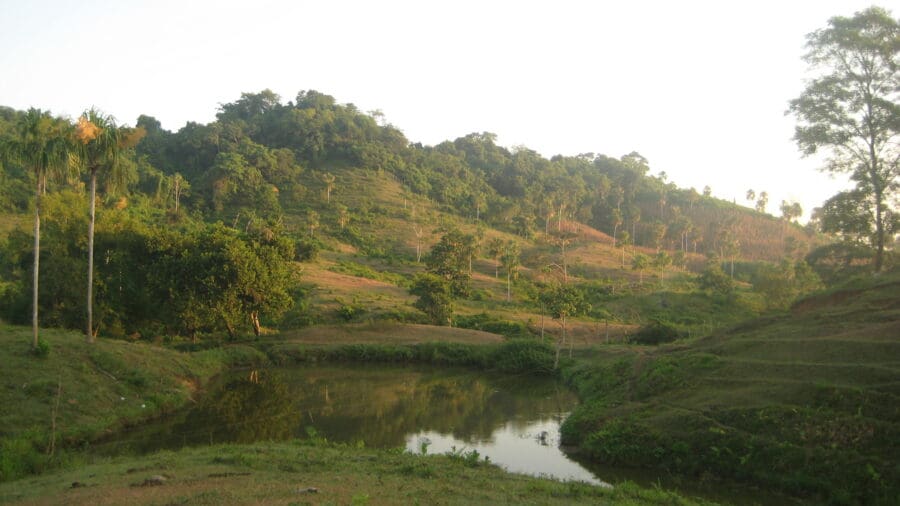2025 was a deeply challenging year for our sector, testing our coalition in unprecedented ways. But despite this, our coalition members claimed some major wins through their remarkable courage and resilience.
At the recently concluded COP30, the central role of tropical forests and the Indigenous, Afro-descendant, and local communities that protect them was firmly in the spotlight. Despite ongoing challenges, the climate summit delivered tangible, measurable gains for communities and local forest stewards, ranging from landmark land recognitions to new funding initiatives and international collaborations.
For the first time in over 30 years of global discussions on the climate agenda, the United Nations Framework Convention on Climate Change and the Caribbean (UNFCCC) has referenced Peoples of African descent in core negotiation documents released at the conclusion of the meeting, including texts on Just Transition, Gender Action, and the Global Goal on Adaptation.
During COP30 in Belém, the governments of Brazil and Colombia, together with the Rights and Resources Initiative (RRI), officially announced the launch of the Acceleration Plan for Solutions for Afro-descendant Peoples (PAS Afrodescendiente) 2026–2030, the first regional initiative dedicated to accelerating the answers to the historical gaps in territorial recognition, environmental governance, and financing for Afro-descendant Peoples in Latin America and the Caribbean.
At COP30, RRI announced the next phase of its global coalition strategy, "From Rights to Livelihoods: Advancing Collective Economies for People and Planet," with the launch of a new Collective Livelihoods and Enterprise Network. The initiative represents a major step in linking land rights, sustainable livelihoods, and conservation through community-led economies.
Climate change negotiators meeting in Brazil for COP 30 will face intense pressure to agree on indicators to measure adaptation and a roadmap to quadruple the new collective quantified goal on climate finance.
This statement by the Women in Global South Alliance (WiGSA) extends its congratulations to governments and donors for their renewed commitment to supporting the tenure rights of Indigenous Peoples, Afro-descendant Peoples, and local communities, as announced at COP30 in Brazil on November 6, 2025, and calls on funders to address the global gender funding gap.
As global leaders prepare to gather in Belém, Brazil, this November for the 30th UN Climate Conference (COP30), the Rights and Resources Initiative (RRI) and its global partners are calling for the summit to serve as a turning point for Indigenous Peoples, Afro-descendant Peoples, and local communities who safeguard the world’s forests and biodiversity.
As the global community prepares for UNFCCC COP30, hosted for the first time in the Amazon region of Brazil, the Rights and Resources Initiative (RRI) and its coalition of over 200 partners, collaborators, and allies have been sending a clear and powerful message for months: Earth’s #DefendersLeadTheWay on climate action.
Novo relatório mostra progresso inconsistente em nível nacional em relação aos direitos de posse de terras para Povos Indígenas, Povos Afrodescendentes e comunidades locais
PRESS RELEASE: The Government of Sierra Leone will host the 5th African Land Institution Network (ALIN) Conference in Freetown, gathering African leaders to promote inclusive, resilient, and people-centered land governance.
New report shows inconsistent domestic progress on tenure rights for Indigenous Peoples, Afro-descendant Peoples, and local communities
A new report by RRI, Forest Peoples Programme, and the ICCA Consortium assessing 30 high-biodiversity countries across Africa, Asia, and Latin America finds that while most countries have legal pathways to advance rights-based conservation, in practice, communities’ contributions to national conservation efforts continue to be inadequately recognized or supported.
RRI is seeking nominations for the Chair of the Board of Directors, who will guide its coalition of more than 200 partners, collaborators, and fellows in implementing its Fourth Strategic Program, which runs through 2027. We are looking for individuals committed to RRI's core issues: The land, resources, and collective rights of Indigenous Peoples, Afro-descendent Peoples, and local communities.
From July 8th to July 10th, Brasilia held an event called the Pre-COP of the Traditional Peoples and Communities of Brazil . This was a national preparatory meeting for COP30, the next UN climate change conference that will be held in Belém, Brazil, in November 2025.
Hundreds of Indigenous and local community representatives from the world’s largest tropical forest basins held a historic convening on May 26–30, 2025, with government representatives, international development institutions, and donors to present their demands ahead of the next UN Climate Conference in Brazil (COP30).
We declare that there is no solution to the climate crisis without the recognition and protection of our territorial rights. Here, we present our priority demands and urge the Brazilian Presidency of COP30 to present concrete results for the respect, recognition and protection of our territories.
Decades after the world adopted what continues to be the most comprehensive roadmap for women’s rights, RRI’s latest report highlights enduring challenges in securing the rights of Indigenous, Afro-descendant, and local community women.
Have you ever wondered why people experiencing poverty in rural areas of the Global South tend to have insecure land tenure? If you have, you may have rightly concluded that the greed of powerful actors and colonialism are an important part of the story. But this barely begins to describe the forces that have strengthened and weakened tenure security across time for those with little voice and power.
This is the story of the president of the Association of Afro-descendant Women of Northern Cauca, Colombia, who faced the threats of armed conflict to fight for the rights of Afro-descendant women.
This was by far the largest UNCCD CoP to date (the previous CoP15 in 2022 had 7,000 participants), but even in an increasingly crowded space, Indigenous voices rang loud and clear, achieving several important breakthroughs.
Building on the State of Funding report published in April 2024, this blog post shares important updates on finance for Indigenous Peoples', Afro-descendant Peoples', and local communities' tenure and forest guardianship and examples of how direct funding is already driving important progress in tropical forests and other key ecosystems.
After decades of being omitted from the UN’s biodiversity convention, Afro-descendant Peoples in Latin America and the Caribbean got great news at the 16th Conference of the Parties to the UN Convention on Biological Diversity (CBD) recently held in Cali, Colombia.
A new Afro-descendant Atlas, launched at the UN CBD CoP16, showcases for the first time the ancestral territories, rural settlements, and collectively owned lands of Afro-descendant Peoples across 15 countries in Latin America and the Caribbean.


